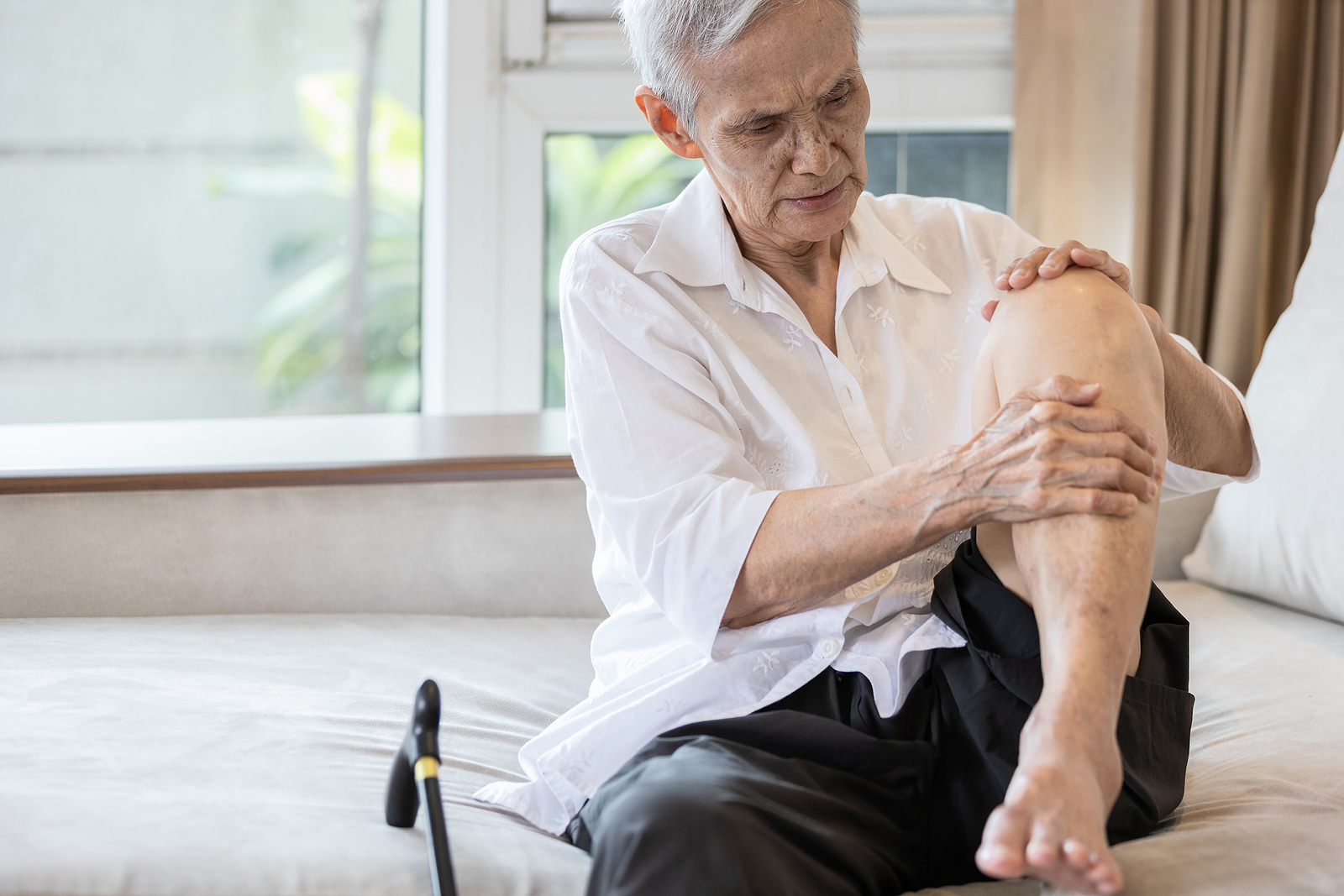A new study by researchers at the University of the West of England (UWE) has found that patients with rheumatic conditions are still feeling the damaging effects of shielding during the pandemic. This is both because of missed healthcare appointments and reduced access to treatment, and also the detrimental effect that shielding had on mental health.
The BBC reports that the team interviewed 14 people from the Bristol area who suffered from a range of conditions, including rheumatoid arthritis, lupus, psoriatic arthritis and ANCA Vasculitis. They spoke of feeling disregarded and cut off from their social support networks.
One participant commented: “I have never experienced anything like shielding, it heightened a sense of anxiety in me. How do I get food? I cannot leave the house. How can I see friends? I was not allowed to.”
She added that the need to self-isolate left her feeling anxious and isolated: “It is a new normal, which is about being on high alert and managing risk every day,” she said.
Researcher Christine Silverthorne said: “Many are still dealing with lasting physical and mental effects both from the experience of shielding and as a consequence of delays to their healthcare and treatment.”
She added: “By raising awareness of our findings about the needs of rheumatology patients, we hope to enable patients to receive the support they need and find their new normal. People with conditions such as rheumatoid arthritis are often overlooked.”
What are rheumatoid conditions?
Rheumatoid disorders affect the joints, ligaments, bones, tendons, and muscles. They include many types of arthritis, osteoarthritis, Sjogren’s syndrome, gout, and scleroderma. Most rheumatoid conditions are thought to be caused by an autoimmune disease, when the immune system is triggered to attack the cells that line the joints.
It is still not known why this occurs in some people and not others, although scientists believe that it has a hereditary link, meaning that the condition can be passed down through a family. It also seems to be more prevalent in women and smokers.
There is no cure for rheumatic disease, but the symptoms can be managed with medication and physiotherapy. Eventually patients may struggle with restricted mobility, but with the right aids and adaptations, it is possible to live independently for many years.
Commenting on the findings of the UWE researchers, a spokesperson for the Department for Health and Social Care said: “The welfare of the most vulnerable people remains a priority as we live with Covid. We continue to prioritise access to vaccines, treatments and free lateral flow tests for this group.”
They added: “The NHS website also has resources for mental health support and patients are advised to contact their local GPs for more personalised health advice.”
The NHS explains that self-care is an important part of managing conditions such as rheumatoid arthritis. The website recommends keeping fit and looking after mental health as well as taking any medication prescribed by a doctor.
If you are interested in finding out more information about a walk in bath and shower, please call us on 01491 411041 or visit our website.
8 March,2023








